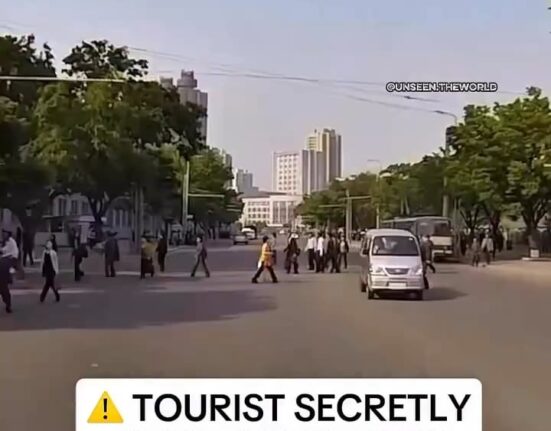President Donald Trump erroneously shared a photo in a tweet, falsely linking it to a purported “white genocide” in South Africa.
The image, originally from the Democratic Republic of the Congo (DRC), was used out of context, sparking controversy and misinformation..
The concept of “white genocide” in South Africa has been widely debunked, with experts and fact-checkers dismissing it as a baseless claim.
This misleading narrative has been used to stoke fear and division, particularly in online spaces and far-right circles.
The misrepresentation of the photo by President Trump further perpetuates this harmful misinformation..
South Africa has a complex history of racial tensions and inequalities, stemming from the apartheid era and continuing challenges in addressing land redistribution and social disparities.
The country has made efforts to promote reconciliation and inclusivity, but issues related to race and land ownership remain contentious topics..
The sharing of inaccurate information by influential figures like President Trump can have far-reaching consequences, fueling false narratives and undermining efforts towards unity and understanding.
It underscores the importance of fact-checking and responsible communication in a digital age where misinformation can spread rapidly.
Moving forward, promoting accurate information and fostering dialogue based on facts is crucial in combating divisive narratives and promoting social cohesion..









Leave feedback about this